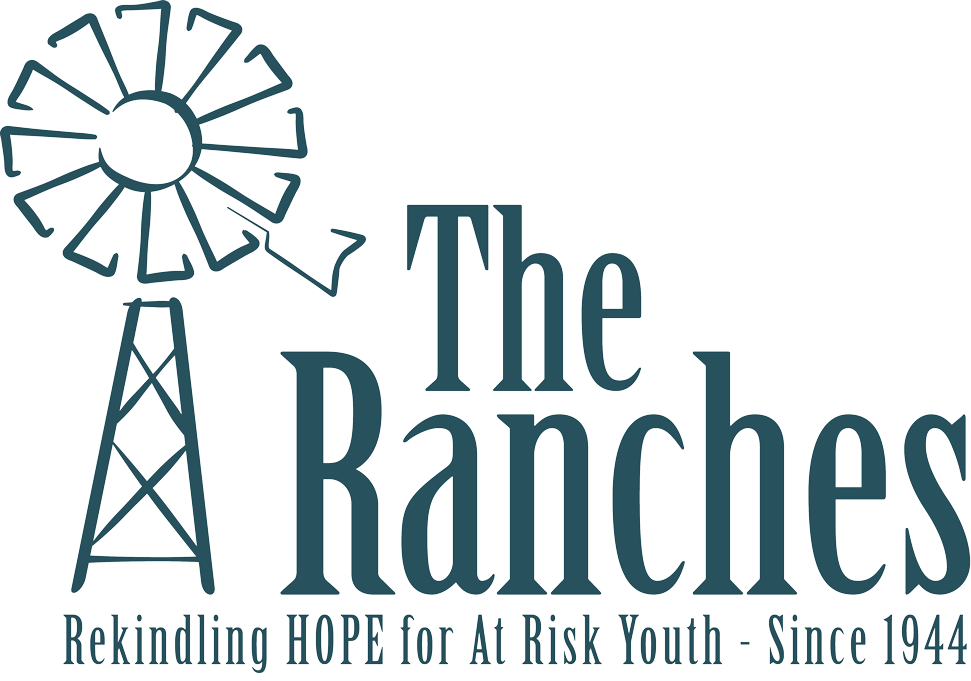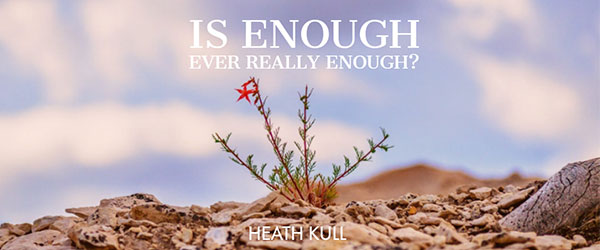When working with young people, particularly those who’ve been hurt in horrific and traumatic ways, we must sometimes fight our urge to attempt to give children a better past. What I mean by that is that many well-meaning adults attempt to create a safety bubble with layers of protection for hurting kids to live within. Inside of this bubble, everything must be controlled and managed with the goal of reducing or eliminating the slightest chance for the child to experience re-injury or retraumatization. In many cases, the bubble is expanded to attempt to “make up” for all that was absent for the child who’d been hurt during the time in their life when they were hurt.
“I’ll just let them sleep in”
“I’ll take care of their chore”
“I’ll clean up their mess”
“I’ll make their favorite dessert”
While well intended, these small gestures tend to add up. What started out as a mission to help, heal and restore hope, quickly becomes a lifestyle for children. New challenges mean that new traumas are needed in order to navigate and ease their path forward. At the same time, reminders of their past traumas are sometimes needed in order to keep the adults engaged in inflating the safety bubble to acceptable proportions. Soon enough, a child that was faced with challenges is now faced with an urgent and impatient sense of entitlement to have others bend to them and to avoid anything deemed “hurtful” or, heaven forbid, “traumatic”. Even the acknowledgment of trauma or pain can become a “weapon of truth” in the eyes of people who’ve learned to enjoy living in a safe and comfortable bubble free from the distractions of commitments, expectations and demands for reciprocation of decency . For kids (or adults) in the bubble, anything that they don’t like or want to face, quickly becomes “traumatic” and “hurtful”.
At this point, many talented and gifted adults simply disengage from kids who want to live in their bubble and create the belief that their perpetrators that they must actually protect themselves from are honesty and expectations; anyone that comes bearing truth or an expectation for the wounded are now just as bad as the original perpetrator who caused the hurt and the traumas. It amounts to premeditated self-defense; which, by the way, is a painful and tragic way to live. Sadly, if left unchecked, everyone that the child meets and attempts to have a relationship with will have to pay the price for the sins of someone that they will probably never get to me. Safety simply becomes more important that emotional health, self-care, self-worth or self-esteem.
What Can I Do?
Thankfully, all is not lost and adults can get involved and make educated choices in offering help, healing and hope.
1. Accept that there is no way to give anyone, including ourselves, a better past. We must learn to deal with, process and integrate our past experiences into who we were and who we have become. Dealing with our issues is different than blaming our actions on our issues.
2. Once we have dealt with our issues, we can then teach the skill of dealing with our own issues to young people with issues. Resiliency is a beautiful thing, but it is also, in many ways, a learned skill. Be a teacher and encourage the students that you care most about; and who make the most progress forward.
3. Accept that you cannot make someone stronger by making sure that they never have to face anything difficult. You don’t have to set up difficult things or abandon those you care about when difficult things happen; you can stand with them and teach resiliency as they walk through the difficult issues.
4. Chose to be honest; even when (especially when) it is difficult for the other person to hear. The honesty serves to help people learn to decipher truth from convenient fiction. It will also serves to bolster your credibility when offering future positive feedback.
5. Teach children, and everyone else in your life, to take charge of their future. Your actions speak louder than anything that you say.
6. Hold hurting people accountable in loving and compassionate ways. While difficult to do, it pays lasting dividends as most people, despite some exerting their best efforts, outlive their tragedy and their trauma. They need to be prepared for life after their defining moment.
7. Teach and practice contentment to those around you. It isn’t about getting what you want as much as wanting what you’ve got; even the difficult experiences that made you who you are.
8. Teach and practice forgiveness. Holding on the the sins and transgressions committed against you is like drinking poison and waiting for your enemy to die. Who have you hurt?
Lastly, just remember that there is no way to provide enough today to make yesterday less painful or to excuse the worst parts of us and our behavior. Today’s actions will indeed never be enough for yesterday’s pain or trauma.

